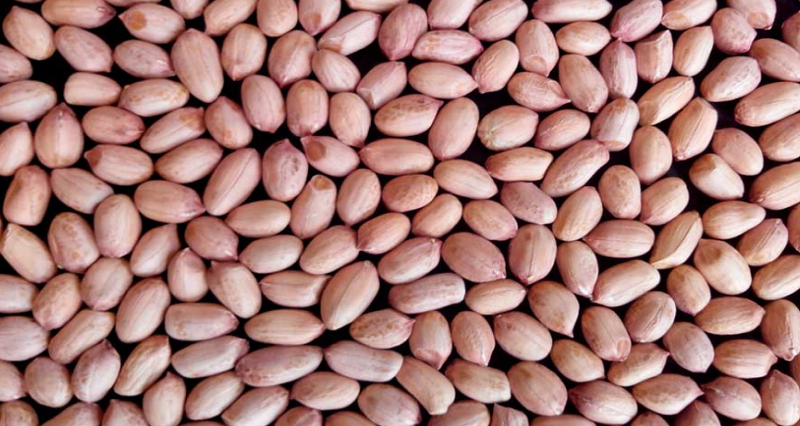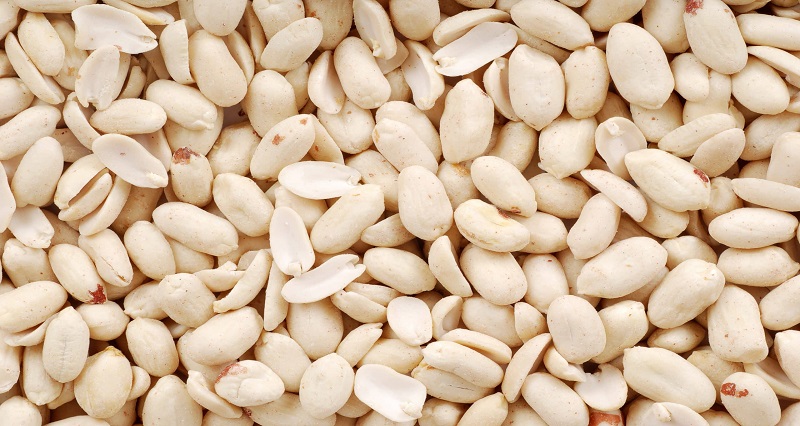Peanut
Peanuts are rich in protein, fat and various healthy nutrients. Studies show that peanuts can even help you lose weight and are linked to a reduced risk of heart disease.
Peanuts belong to the botanical family Fabaceae, commonly known as the legume, bean or pea family. Like most other legumes, peanuts harbor symbiotic nitrogen-fixing bacteria in the root nodules. Because of their ability to fix nitrogen, peanuts require less nitrogen-containing fertilizers and improve soil fertility, making them valuable in crop rotation. Peanuts Seeds Name:- G20/B10/B20, BOLD, TJ, BLACHED Peanuts Counts:- 38/42, 40/45, 40/50, 50/55, 50/60, 60/70
Peanut Seeds
Peanut is a legume native to South America. They have different names, for example peanuts, peanuts and goobers. Despite their name, peanuts are not related to tree nuts.
Other peanut products include peanut oil, flour and protein. These products are used in a variety of foods, such as desserts, cakes, confectionery, snacks and sauces.Peanuts are rich in protein, fat and various healthy nutrients. Studies show that peanuts can even help you lose weight and are linked to a reduced risk of heart disease.
Blanched Seeds
A blanched peanut has its shell or outer layer removed. To finish blanching, the peanuts are placed in hot water for about three to four minutes, then quickly cooled and the shell removed. After removing the skins, spread them on paper to dry and place them in the refrigerator.
Peanuts are naturally rich in essential fats, proteins and minerals and have a relatively long shelf life. They have become increasingly popular in recent years. Blanched peanuts are often salted, roasted, and/or mixed with oil, salt, or sugar to make a variety of products.



